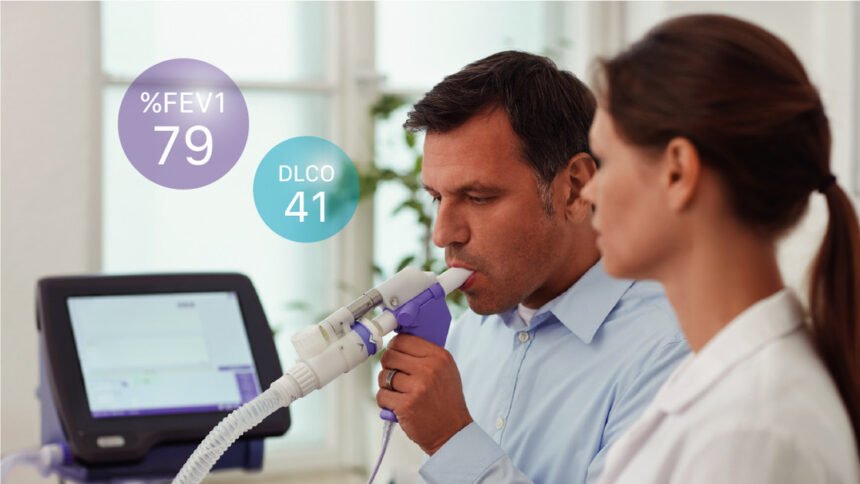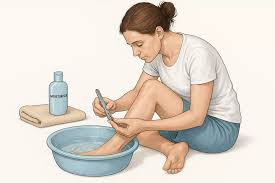Sleep disorders are conditions that disrupt normal sleep patterns, affecting overall health, safety, and quality of life. These disorders can impact how you feel and function during the day, leading to issues with concentration, mood, and physical well-being. Common sleep disorders include insomnia, restless legs syndrome, and sleep apnea, each with distinct causes and effects. CPAP therapy is commonly used to help individuals breathe more easily throughout the night. Here’s information on CPAP machines and their benefits:
What Does a CPAP Do?
Continuous Positive Airway Pressure (CPAP) therapy is a common treatment for certain sleep disorders that impact breathing. It involves a machine that helps a person breathe more easily during sleep. The device increases air pressure in the throat so that the airway does not collapse when you inhale. This helps maintain a steady supply of oxygen and supports uninterrupted sleep.
CPAP therapy is most frequently prescribed for individuals diagnosed with obstructive sleep apnea (OSA), used to treat moderate to severe cases. A healthcare provider determines if CPAP is the appropriate therapy based on a thorough evaluation, often including a sleep study. There are three main types of sleep apnea.
What Are the Sleep Apnea Types?
OSA is the most common form of sleep apnea, occurring when the throat muscles relax and block the airway during sleep. Central sleep apnea (CSA) happens when the brain doesn’t send proper signals to the muscles that control breathing. The third type, complex or mixed sleep apnea, is a combination of both obstructive and central sleep apnea.
How Do CPAPs Work?
A CPAP machine delivers a constant stream of pressurized air through a mask that is worn over the nose, mouth, or both. This continuous airflow acts as a splint, keeping the upper airway open. By preventing breathing pauses, the therapy helps restore normal sleep patterns, improves oxygen levels in the blood, and reduces the health risks associated with untreated sleep apnea.
Consistent use can lead to better sleep quality and improved daytime alertness. When sleep apnea conditions go untreated, individuals can become at risk of:
- Cognitive Impairment
- Type 2 Diabetes
- Heart Disease
- Stroke
When Do I Need To Go to a Clinic?
A CPAP clinic provides specialized support for individuals using CPAP therapy. These clinics are staffed by professionals who can assist with equipment setup, mask fitting, and troubleshooting. They verify your machine is calibrated to the pressure settings prescribed by your doctor and teach you how to properly use and maintain your equipment. This guidance is fundamental for effective therapy and machine maintenance.
When Are Follow-ups Necessary?
Your initial follow-up often occurs within the first few weeks to months of starting treatment to address any early challenges. Subsequent checkups allow specialists to monitor your progress, check your equipment for proper function, and see how well the therapy is working. Follow-ups are also necessary if you experience changes in your health, as your pressure needs might change. If you feel your symptoms are returning or your mask is uncomfortable, a visit to the clinic can help resolve these issues with a specialist.
Learn More About Sleep Disorders
Managing a sleep disorder is a journey that involves understanding your condition and adhering to your prescribed treatment plan. Regular consultations with healthcare providers and specialists at a CPAP clinic are a key part of this process. These professionals can provide the resources and support needed to help you manage your therapy effectively. Schedule an appointment with a sleep specialist today.














